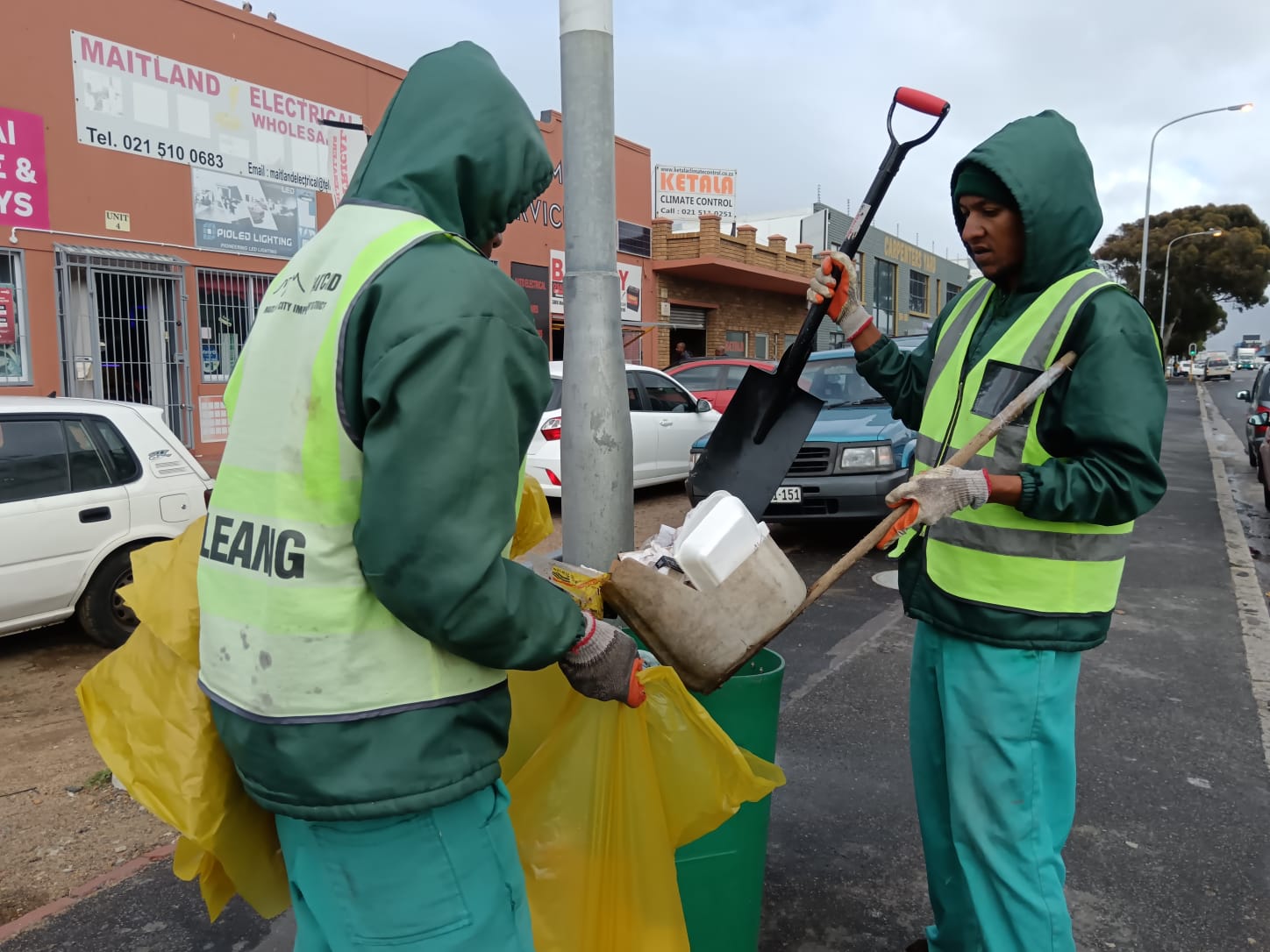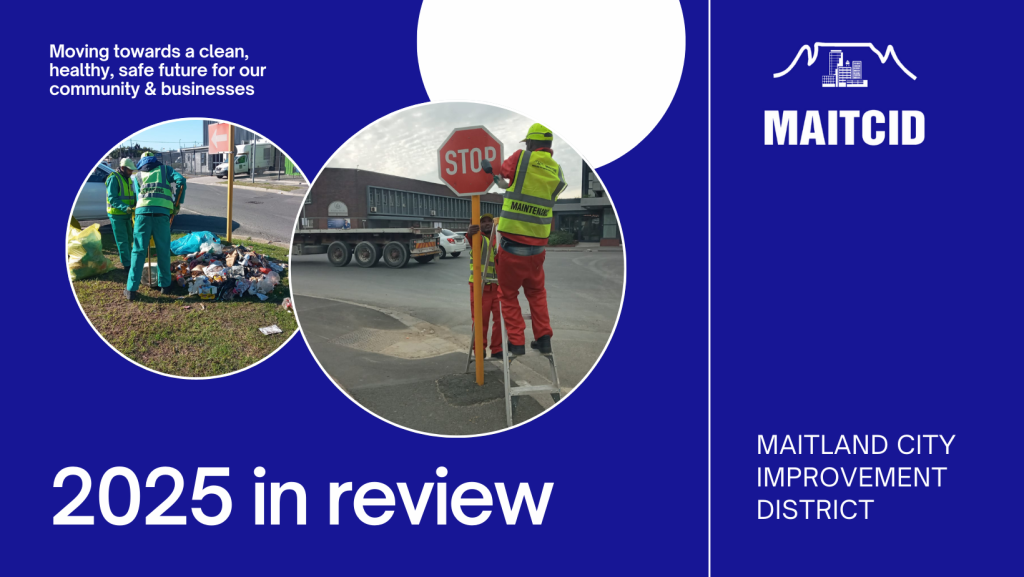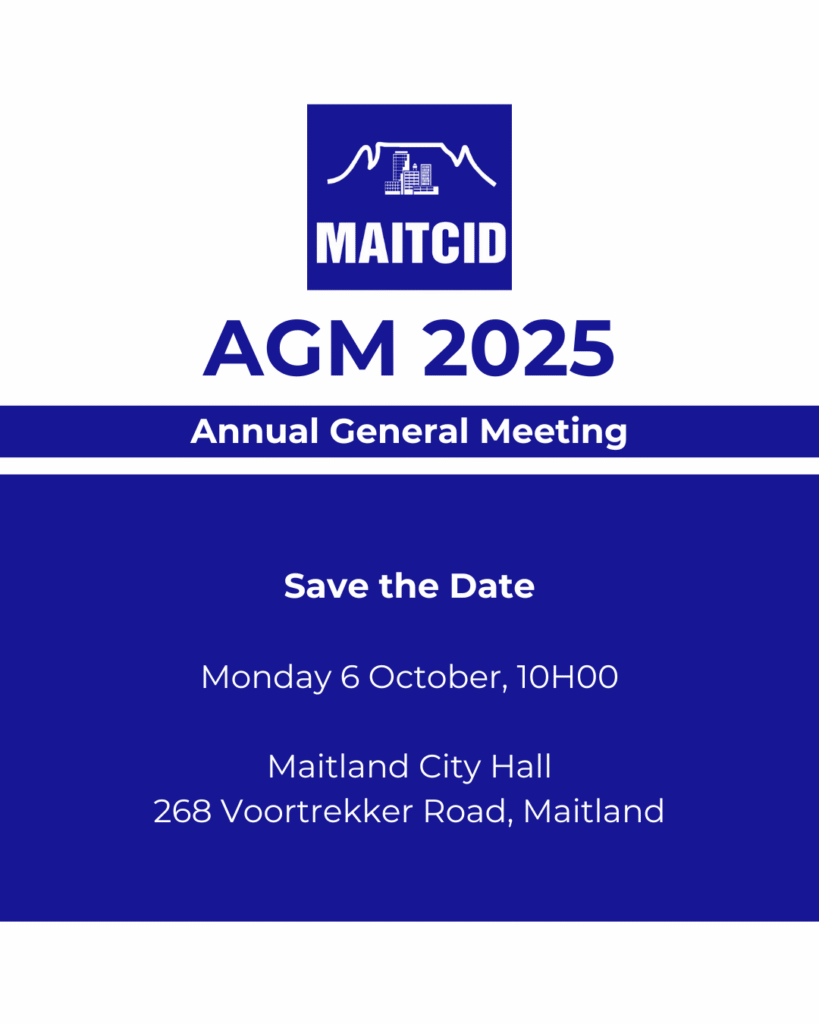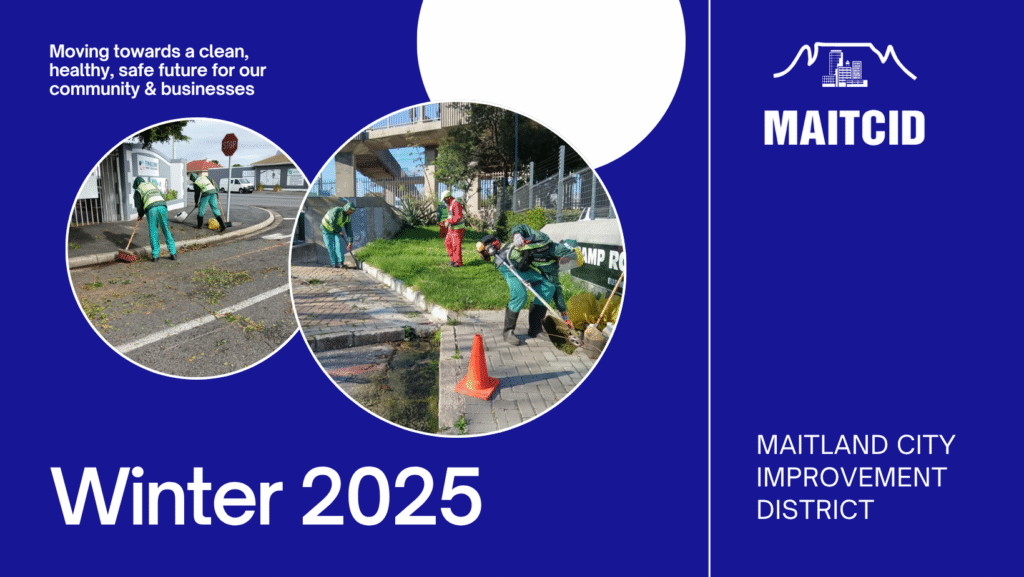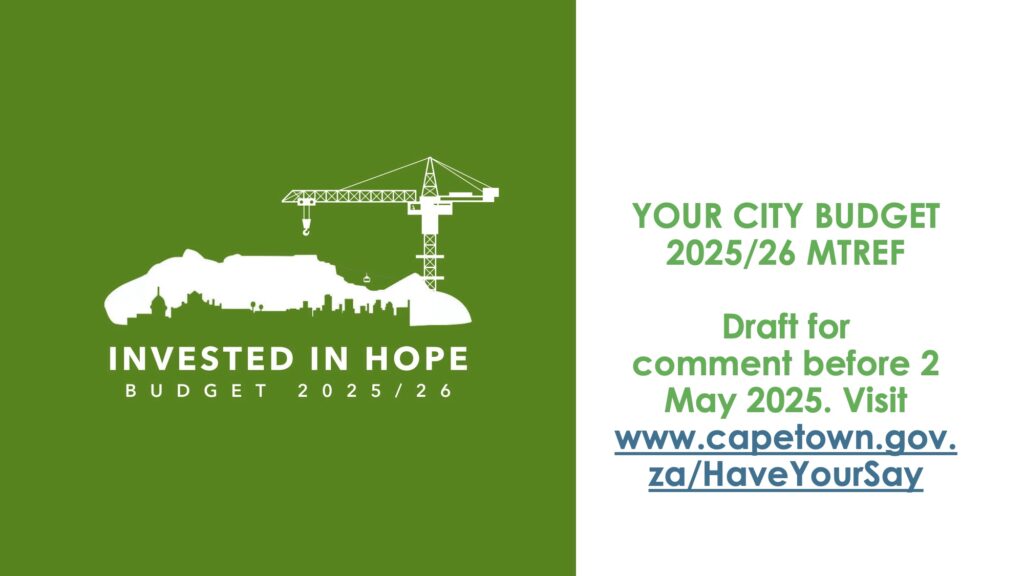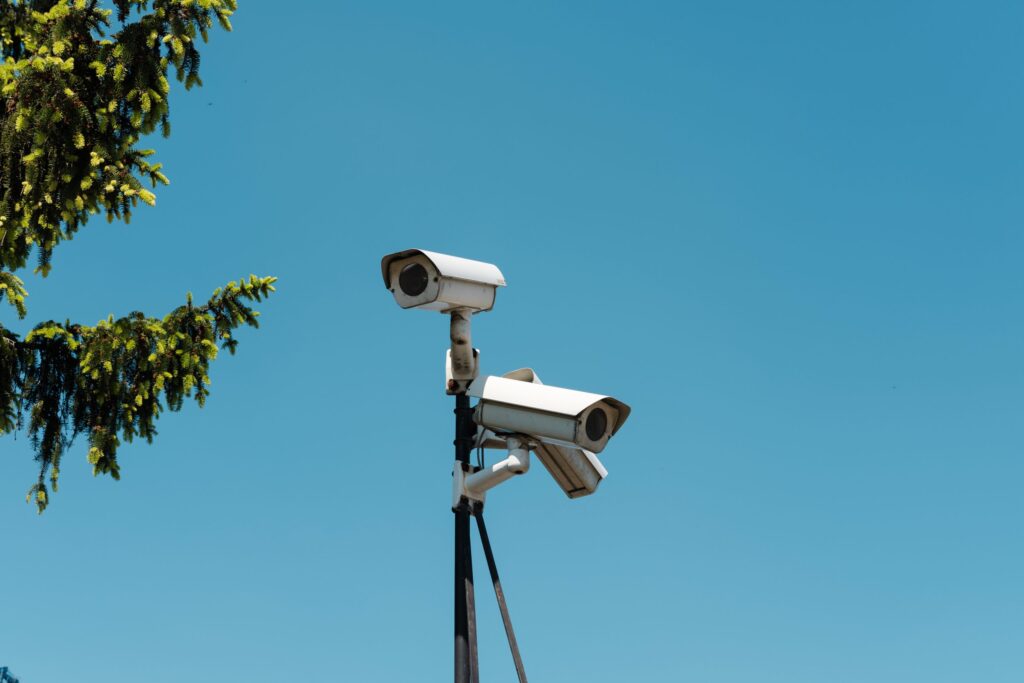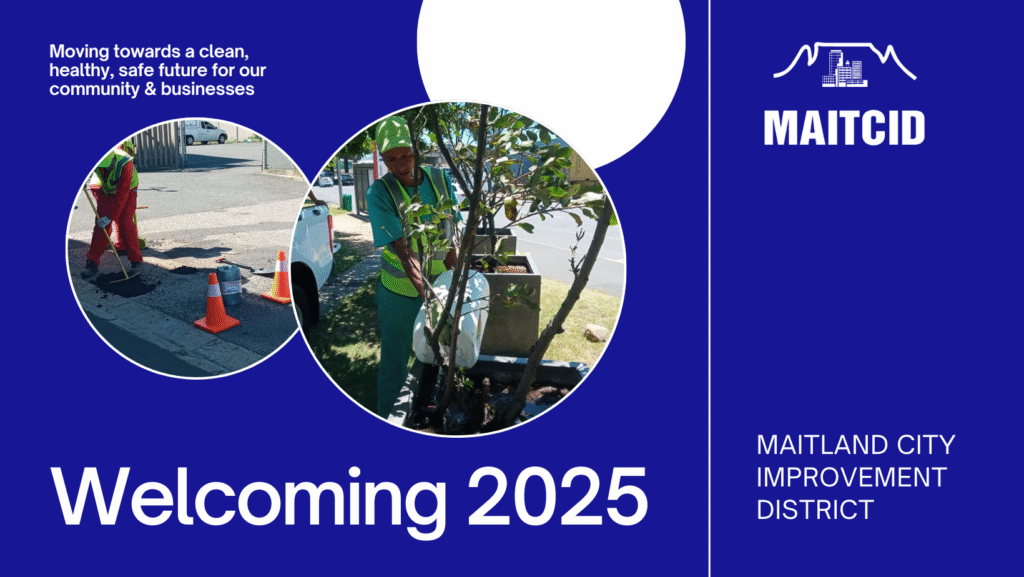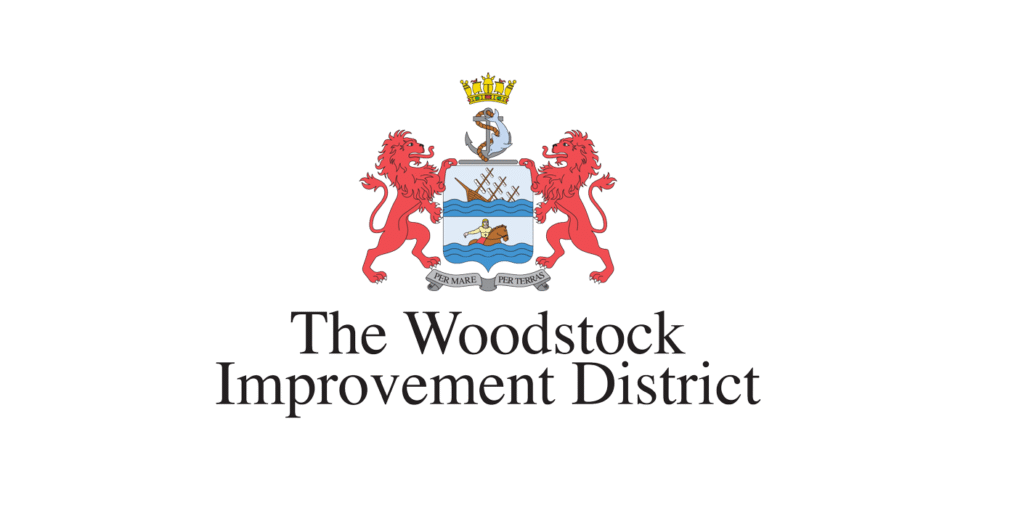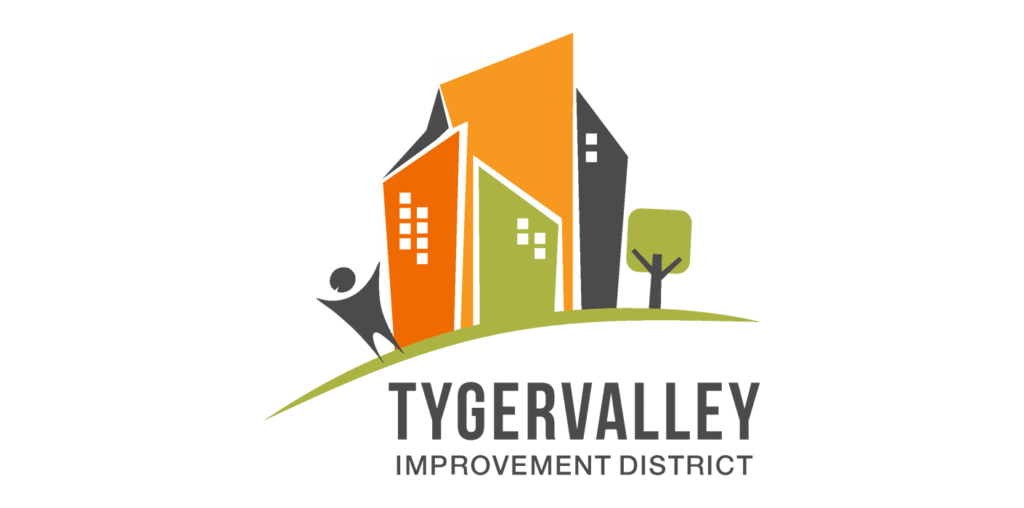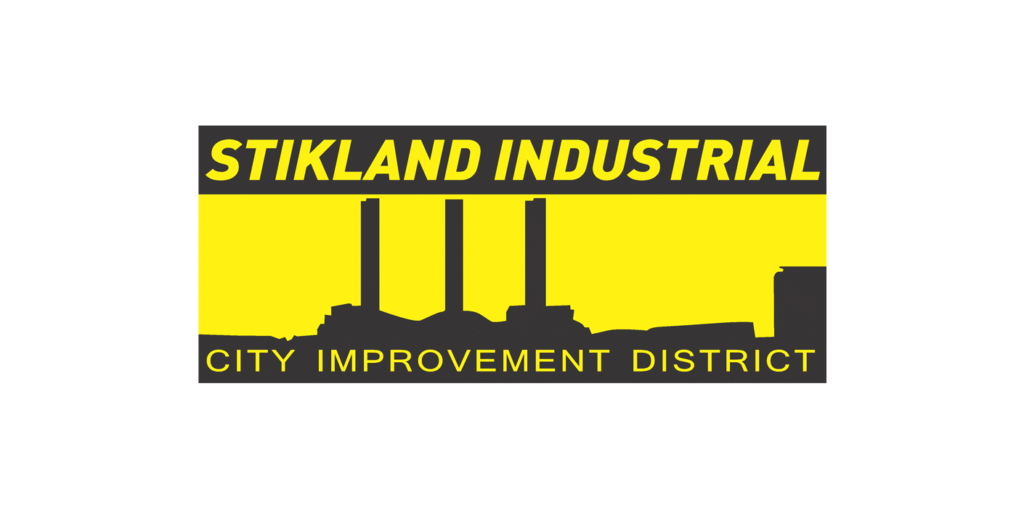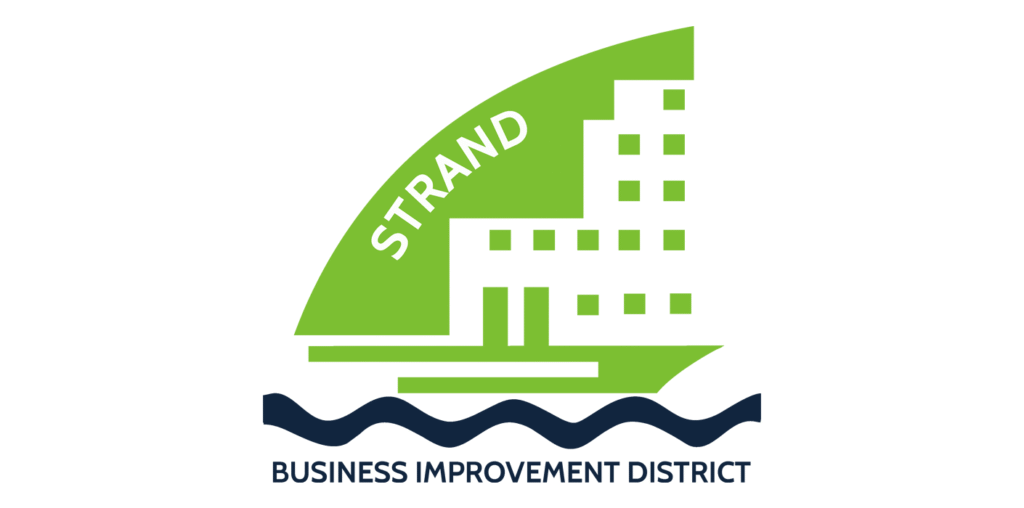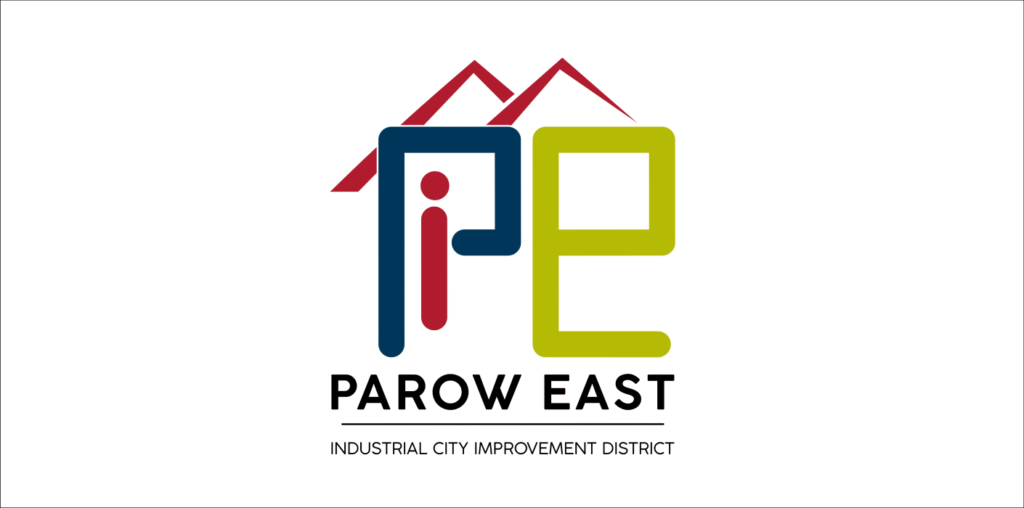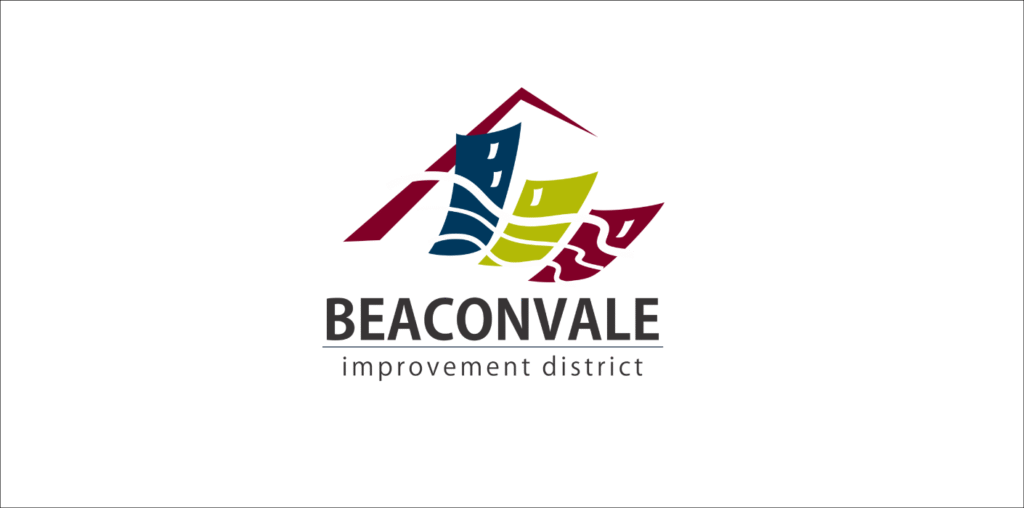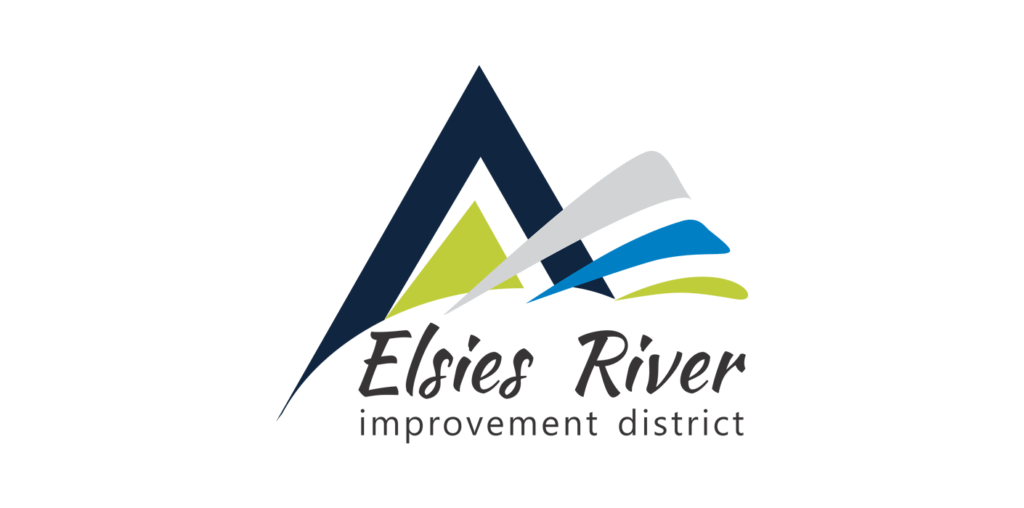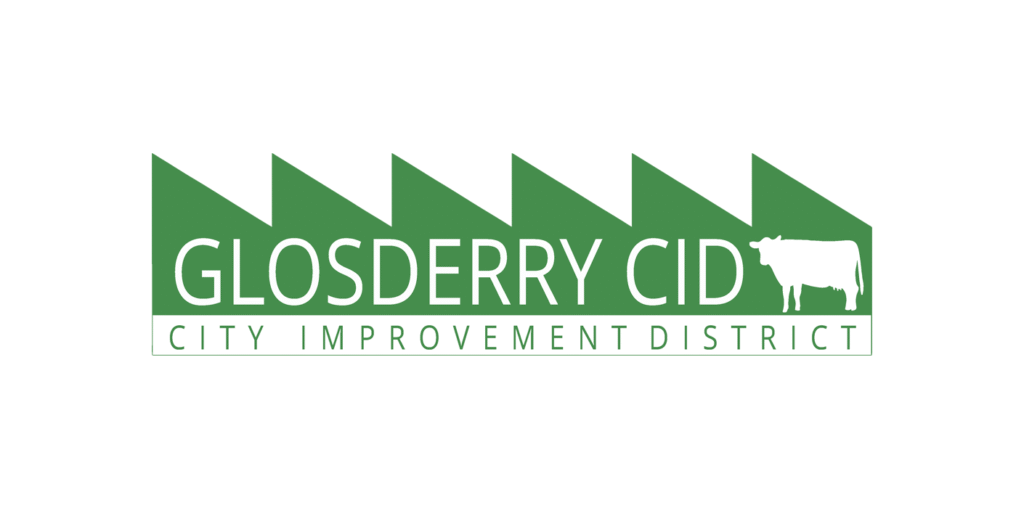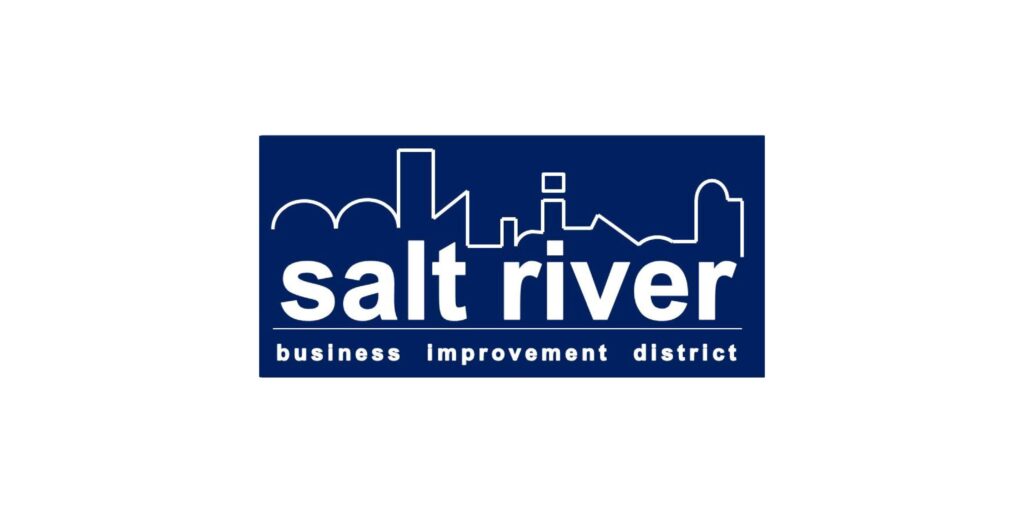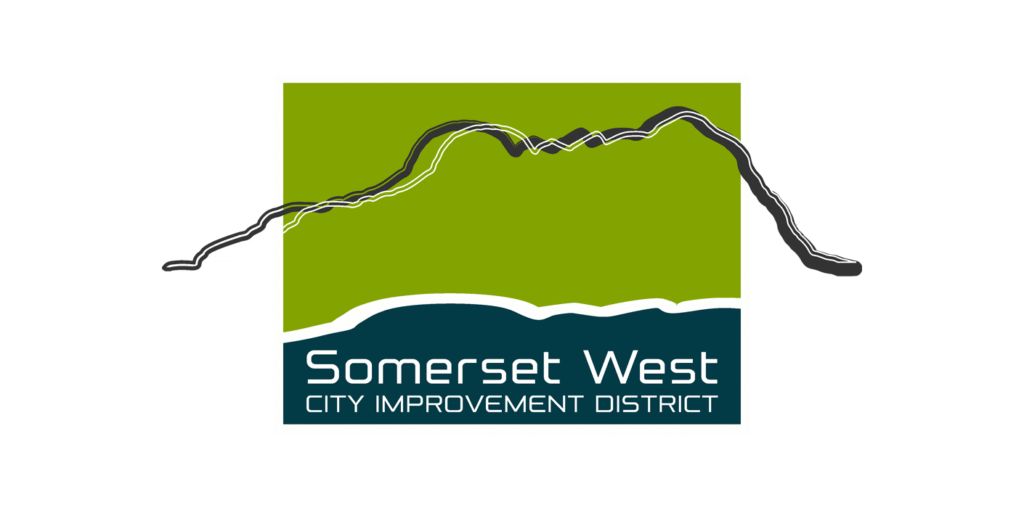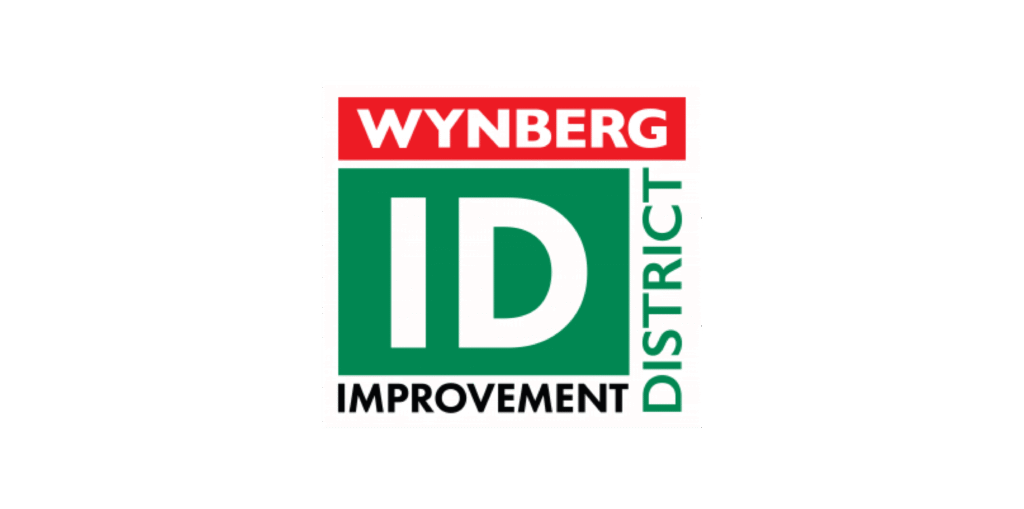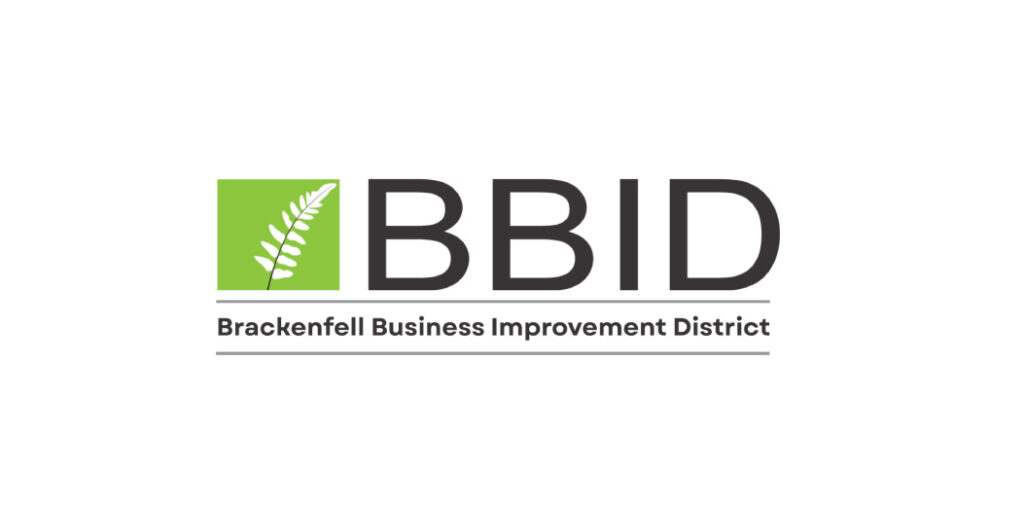Maitland City Improvement District
Moving towards a clean, healthy, safe future for our community
The Maitland City Improvement
District has the following goals:
Reducing crime significantly by proactive visible patrolling and cooperation with existing SAPS and City of Cape Town Law Enforcement efforts as well as other security service providers in the area.
Creating a safe and clean public environment by addressing issues of maintenance and cleaning of streets, pavements and public spaces.
Managing existing and new public infrastructure for the future benefit of all the users of the area.
Protecting property values.
Attracting new investment to the area.
The sustained and effective management of the MAITCID area.
Supporting and promoting social responsibility in the area.
Supporting the promotion of the MAITCID area as a safe and clean environment by promoting greening, energy efficiency, recycling and risk/disaster management.
Given the demands on local government, the most effective approach to solving problems is through the tried and proven intervention of the private sector through the establishment of a City Improvement District (CID) in the Maitland area.
Latest News
- MaitCID 2025 Year-End Review & Festive Season Safety TipsAs the year draws to a close, MaitCID looks back on twelve months of sustained… Read more: MaitCID 2025 Year-End Review & Festive Season Safety Tips
- Spring Update & AGM 2025 – Save the DateAs the seasons shift from winter to spring, the Maitland City Improvement District continues its… Read more: Spring Update & AGM 2025 – Save the Date
- Staying Safe and Warm This Winter: How We Prepare and Support Our CommunitiesAs temperatures drop and the rains return, winter in Cape Town brings with it both… Read more: Staying Safe and Warm This Winter: How We Prepare and Support Our Communities
- UPDATE: The City of Cape Town Draft Budget 2025-2026 comment period is open until 13 JuneJune 2025 update: NOTICE OF EXTENSION: DRAFT BUDGET 2025/26 PUBLIC PARTICIPATION PERIOD Following thorough consideration… Read more: UPDATE: The City of Cape Town Draft Budget 2025-2026 comment period is open until 13 June
- Request For Proposal (RFP) Notice: CCTV ProjectRequest for Proposals: CCTV Project – Installation Of Additional CCTV Cameras and Wifi Network Upgrades… Read more: Request For Proposal (RFP) Notice: CCTV Project
- Summer Safety & Security Tips & Risk Management from MAITCIDWelcome to 2025: Strengthening Our City Improvement Districts As we settle into 2025, we reaffirm… Read more: Summer Safety & Security Tips & Risk Management from MAITCID

